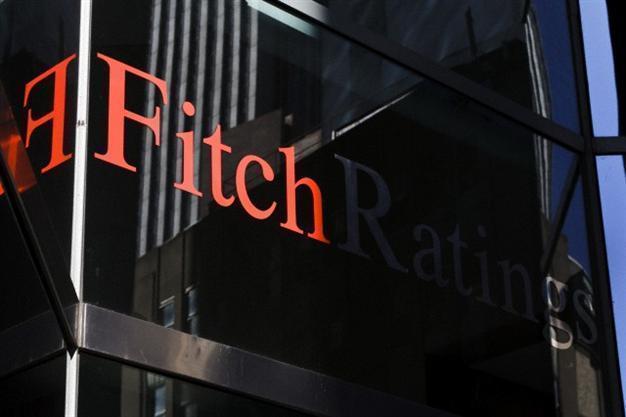Fitch: Turkey election heightens political, policy uncertainty
ISTANBUL
 The inconclusive result of Turkey’s parliamentary election increases near-term political uncertainty and may aggravate tensions regarding economic policy, Fitch Ratings has said in a statement.
The inconclusive result of Turkey’s parliamentary election increases near-term political uncertainty and may aggravate tensions regarding economic policy, Fitch Ratings has said in a statement. “This could increase risk to the sovereign credit profile, depending on how policymaking is affected,” it added late June 8.
Fitch affirmed Turkey’s rate at BBB-/Stable rating on March 20.
The Justice and Development Party (AKP) lost its parliamentary majority after 13 years in June 7 elections, falling around 18 seats short of the 276 needed to form a majority in parliament.
The Peoples’ Democratic Party (HDP) won 13 percent and 80 seats, securing parliamentary representation for the first time. The Republican People’s Party (CHP) won 25 percent and 132 seats, while the Nationalist Movement Party (MHP) won 16 percent and 80 seats, according to unofficial results until the country’s election board announces the final results.
“The HDP and MHP have said they will not join an AKP-led government, although this could change after negotiations; the AKP could try to govern as a minority with the support of either the HDP or the MHP,” Fitch said.
“A CHP-MHP-HDP coalition appears unlikely due to antipathies between the MHP and HDP. Fresh elections can be called if a government is not formed within 45 days, meaning that political uncertainty could drag on,” it added.
“The election heightens uncertainty about economic policy and personnel that had emerged before Sunday’s vote,” Fitch said, as slowing GDP growth had increased tensions regarding efforts to rebalance the economy, cut reliance on net capital inflows and lower inflation.
But Standard & Poor’s made more positive comments, saying the outcome of Turkey’s general election had no immediate impact on its BB+ sovereign credit ratings on the country.
It said in a statement on June 8 its current negative outlook on Turkey’s ratings reflected its view of the fiscal risks emanating from uncertain growth prospects. It said it could revise the outlook to “stable” if growth continued to rebalance and depended less heavily on external borrowing.
















